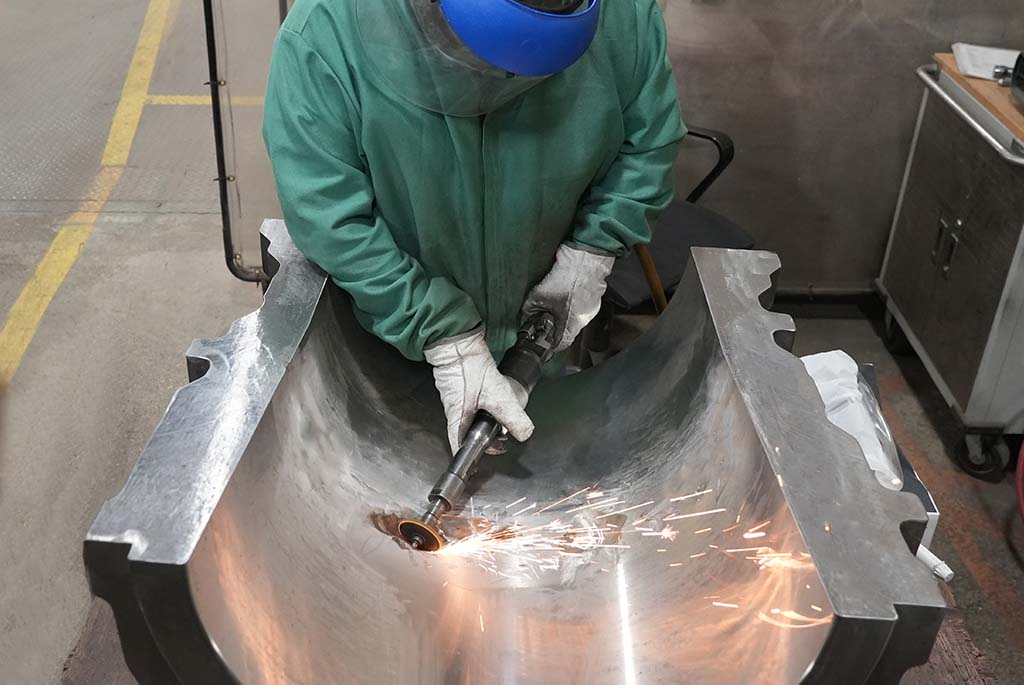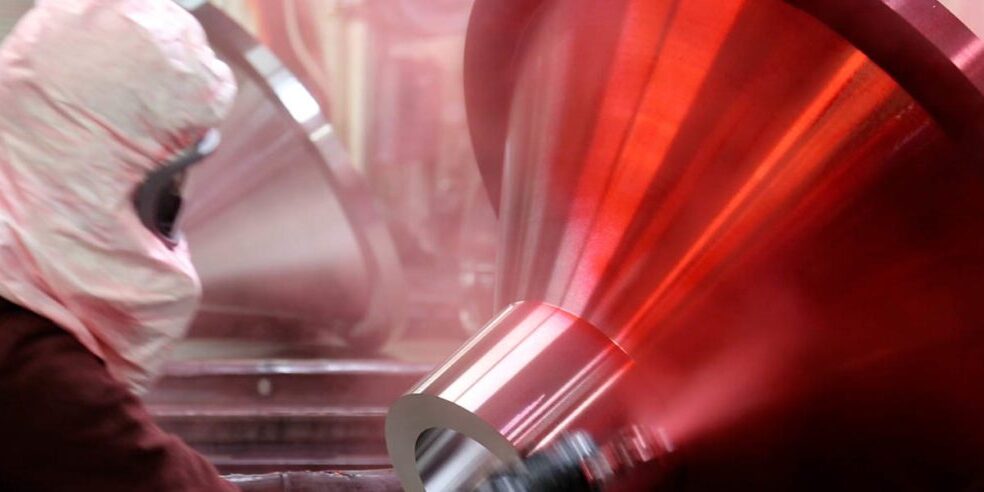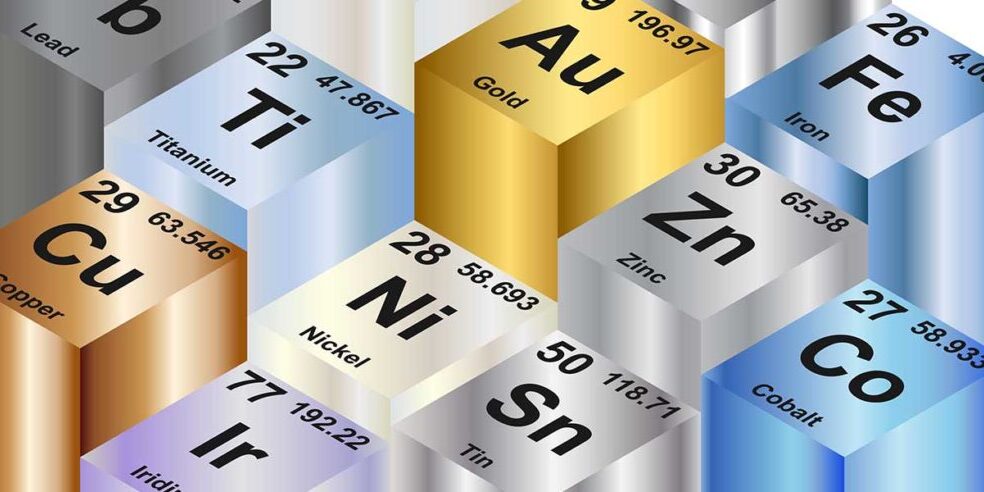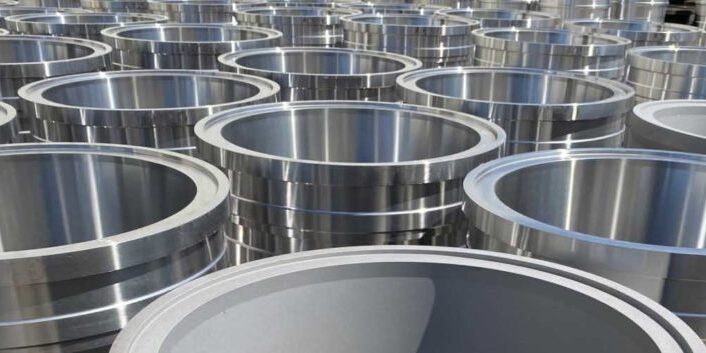Blog Weld Repair / Weld Upgrade In Steel Castings – When To Use
Like many metal components, steel castings may require repair or modification during their initial casting or overall lifecycle. Weld repair, also known as upgrade, is an industry-standard practice employed to address defects, adapt castings to new requirements, or extend the life of a casting. A common misconception around weld repair is that it leads to an inferior part. When done correctly, this is not the case.
Foundries follow stringent guidelines and practices to ensure the highest quality, strength, and durability of metal castings. Customers have the choice of structuring weld or no weld options into contracts, but one should weigh the pros and cons to make the best decision for the specific application. This guide will assist you in making the right choice for you and your needs.

When to Use Weld Repair
Minor defects, component salvage, and prototype modifications are common uses of weld repair. If weld repair is removed as a project option, you may increase costs and turnaround time. Weld repair is not typically used for significant issues, but the following are good candidates to ensure an efficient project outcome.
- Minor Defects: Weld repair addresses minor defects like surface imperfections, small cracks, or dimensional inaccuracies. Instead of scraping the whole project for a small crack, weld repair can speed up time and keep the project moving forward, especially on the cost front.
- Component Salvage: Localized damage or wear is natural during a metal casting’s lifetime. Weld repair can safely and cost-beneficially repair the usable portion, thereby extending the life cycle. There are also times when a quick solution is needed for a fluke crack in a component, for instance. Properly executed weld repairs can restore the strength and structural integrity of the casting, ensuring it meets performance requirements.
- Prototype or General Modifications: During the development phase, weld repair enables rapid modifications of prototypes without costly tooling changes.
When Not to Use Weld Repair
There are equally valid reasons and times to avoid utilizing weld repair for metal castings. Critical applications, extensive damage, and higher precision parts are excellent examples of when weld repair should not be implemented.
- Critical Applications: For steel castings subject to high loads, pressure, or fatigue, the risk of weld-induced defects may outweigh the repair benefits. Along the same line, castings used in critical safety applications should be appropriately investigated and recast entirely in some situations.
- Extensive Damage: While weld repair is an excellent option for minor damage or defects, it is likely not the solution once extensive damage occurs. Castings with extensive cracking, extreme porosity, or significant defects are better replaced than repaired to ensure long-term reliability and safety.
- High Precision Metal Castings: Components with tight tolerances or unique geometries are unsuitable for weld repairs. In some cases, welding can introduce dimensional variations, causing instability and reduced casting integrity.
Weld repair in steel castings offers a practical solution for addressing defects, modifying components, and extending service life. Like any process, ensuring the quality of the weld repair and implementing strict testing and inspection can ensure the desired outcome. MetalTek welders are certified to the highest industry standards and a post-weld inspection is conducted on every part. Non-destructive testing (NDT) and visual examinations are routinely performed to look for further defects and integrity issues.
Don’t let misconceptions or one prior bad experience mislead you and cost you more time and money during your next metal casting project. Start your metal casting project at MetalTek today and keep in mind weld repairs can be your friend and tool in your casting journey.



